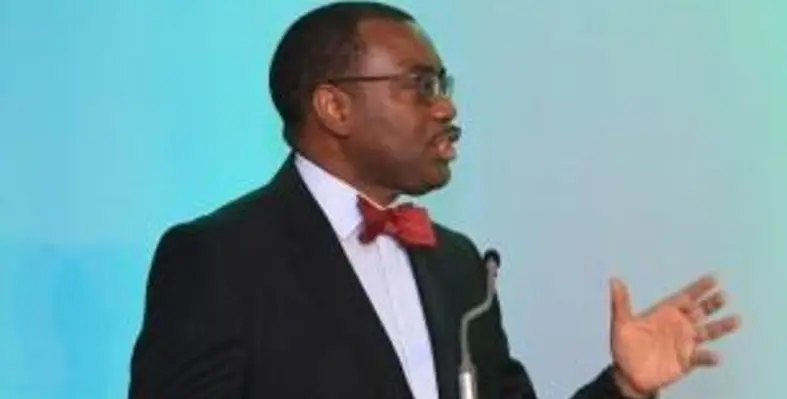Around 54 leaders from the African Adaptation Initiative, championed by President Ali Bongo Ondimba of Gabon, have endorsed the policy recommendations outlined in the brief “Integrated Responses to Building Climate and Pandemic Resilience in Africa”
The policy brief was prepared by the Global Centre on Adaptation and African Adaptation Initiative and has outlined a plan of action for African countries to ensure stimulus spending is used to build back better from the COVID-19 crisis.
The policy brief recommends adaptation actions for three major systems affected by the pandemic and climate change in Africa. Specifically, the recommendations include adaptation actions to secure the food supply for vulnerable populations and strengthen the agricultural value chain; increase access to water and sanitation in parallel with efforts to improve water governance; and investment in resilient infrastructure to create jobs. These recommendations result in a triple dividend for African countries: reduced pandemic risk, increased climate resilience and strengthened economic recovery.
Commenting on the brief's release, Ali Bongo Ondimba, president of Gabon and African Union champion of the African Adaptation Initiative, said, “The real impact of the coronavirus crisis on climate will ultimately depend on the choices we make in how we recover. Meeting the Paris Agreement's goals for mitigation and adaptation must be central to this effort to ensure we reduce the likelihood of future pandemics.”
Ban Ki-moon, eighth United Nations secretary general and co-chair of the Global Centre on Adaptation, commented, “If the virus is a shared global challenge, so too should be the need to build resilience against future shocks. Emerging and developing countries are the least prepared for the arrival of COVID-19, just as they are most vulnerable to the effects of climate change.”
Patrick Verkooijen, CEO of the Global Centre on Adaptation, added, “Previous epidemic outbreaks have provided us with vital lessons, local knowledge and expertise that is also relevant in helping us to find innovative ways to address our climate crisis.”
Kristalina Georgieva, managing director of the International Monetary Fund (IMF), said, “The world is about to deploy enormous, gigantic fiscal stimulus and we can do it in a way that we tackle both crises at the same time. If our world is to come out of this crisis more resilient, we must do everything in our power to make it a green recovery.”
Feike Sijbesma, honorary chairman of Royal DSM and co-chair of the Global Centre on Adaptation, added, “The COVID-19 pandemic has reinforced the critical role of initiatives like Africa Improved Foods to ensure we can guarantee Africa's food security while adapting to the impacts of climate change.”
Peter Eriksson, minister of international development for Sweden, said, “For Africa, the COVID-19 pandemic has collided with our climate emergency. We must ensure we integrate solutions to both crises into a coherent response in support of African countries. This can be achieved through intensifying climate adaptation efforts through the Global Centre on Adaptation.”
Akinwumi Adesina, president of the African Development Bank (AfDB), noted, “The combination of COVID-19 pandemic and the massive invasion of desert locusts in parts of Africa present a twin challenge for health and food security for millions of people, and exacerbates Africa's vulnerabilities and development challenges. It is time to devote more resources to Africa to expand its fiscal space to secure lives during the COVID-19 pandemic and for safeguarding the environment, on which all lives today and the future depend, by enhancing climate adaptation.”












